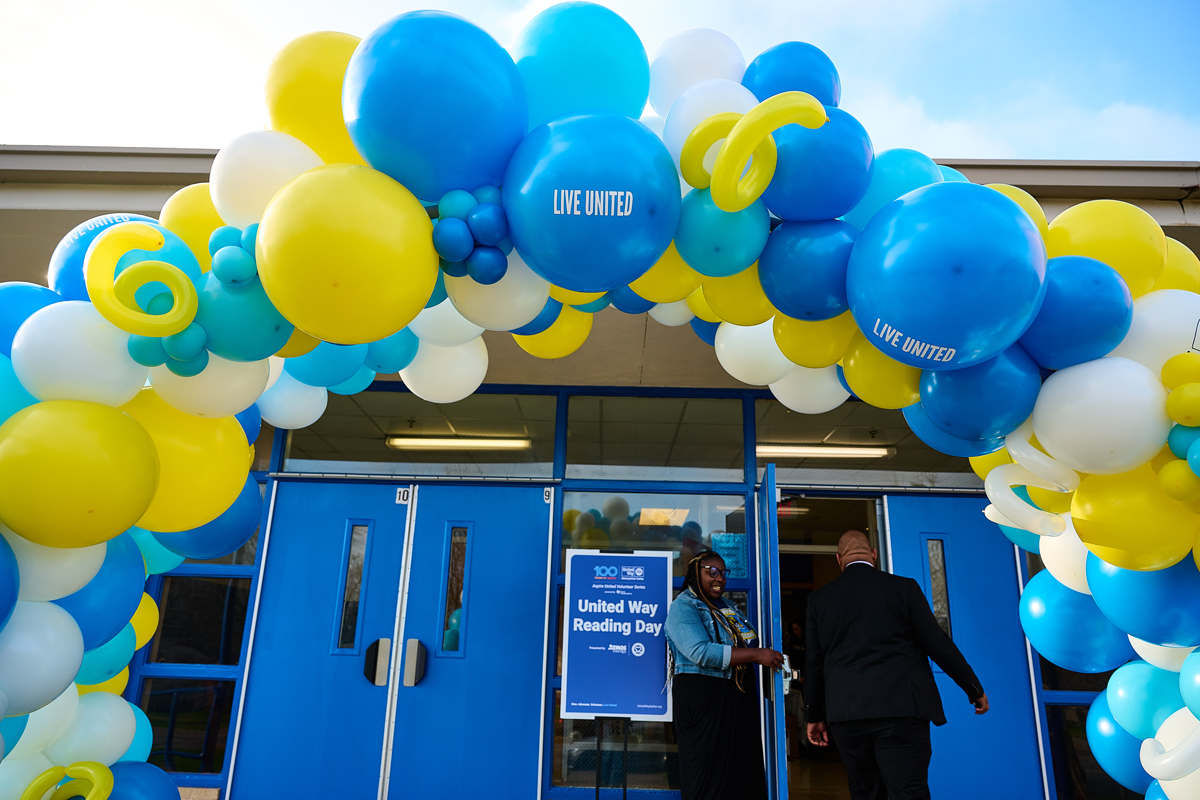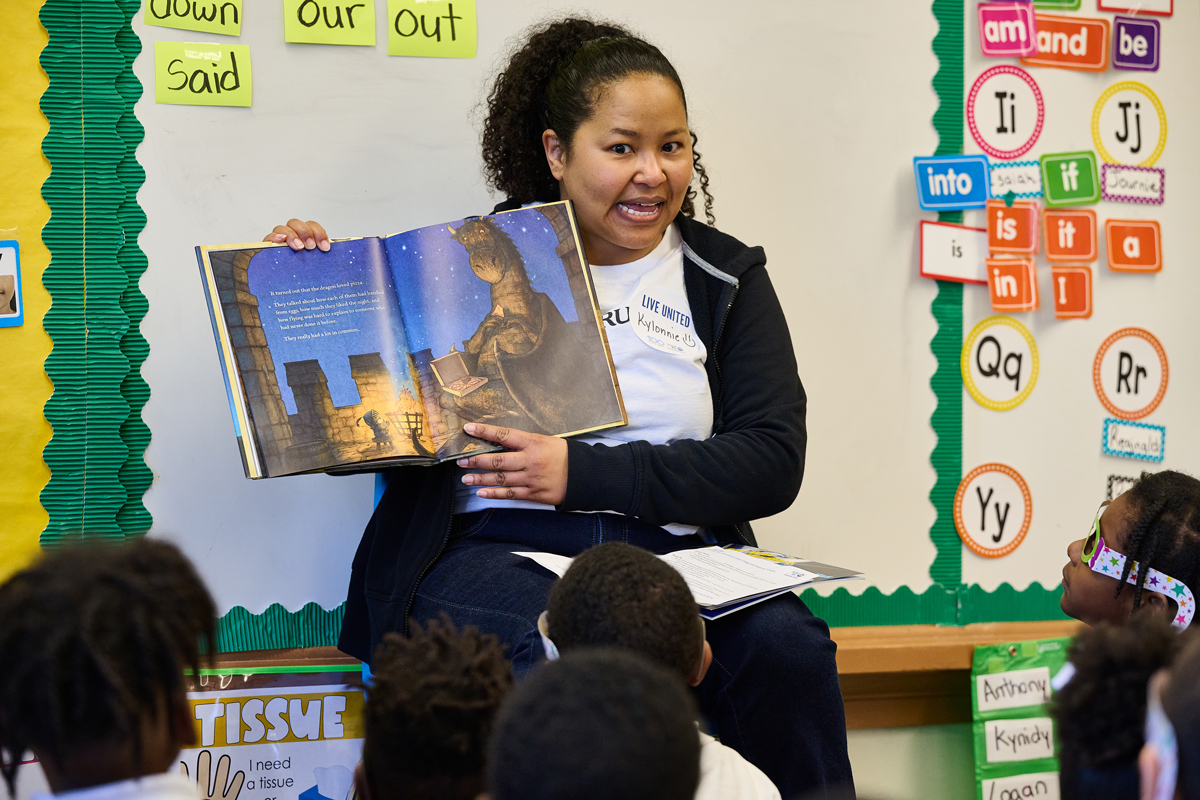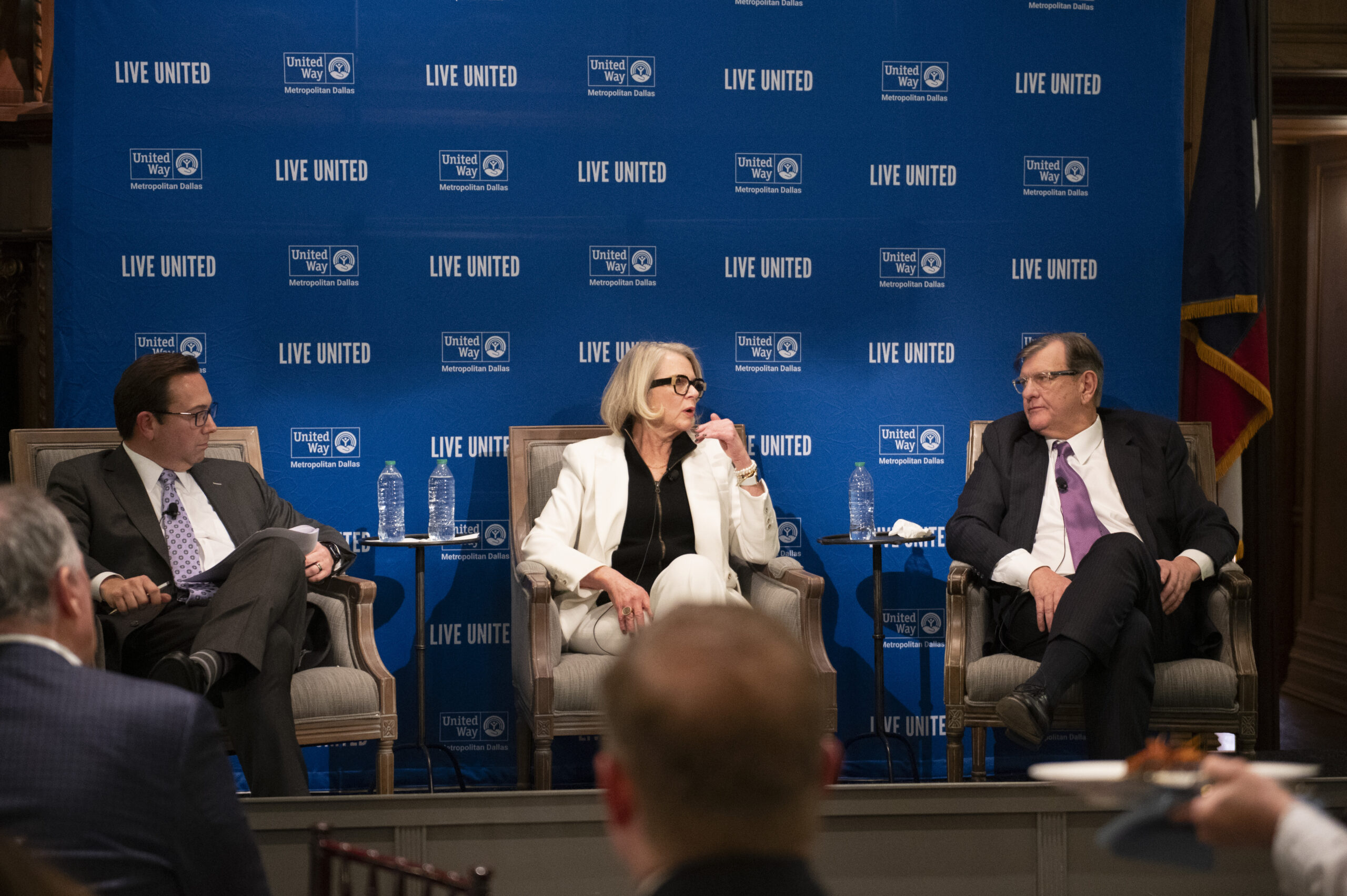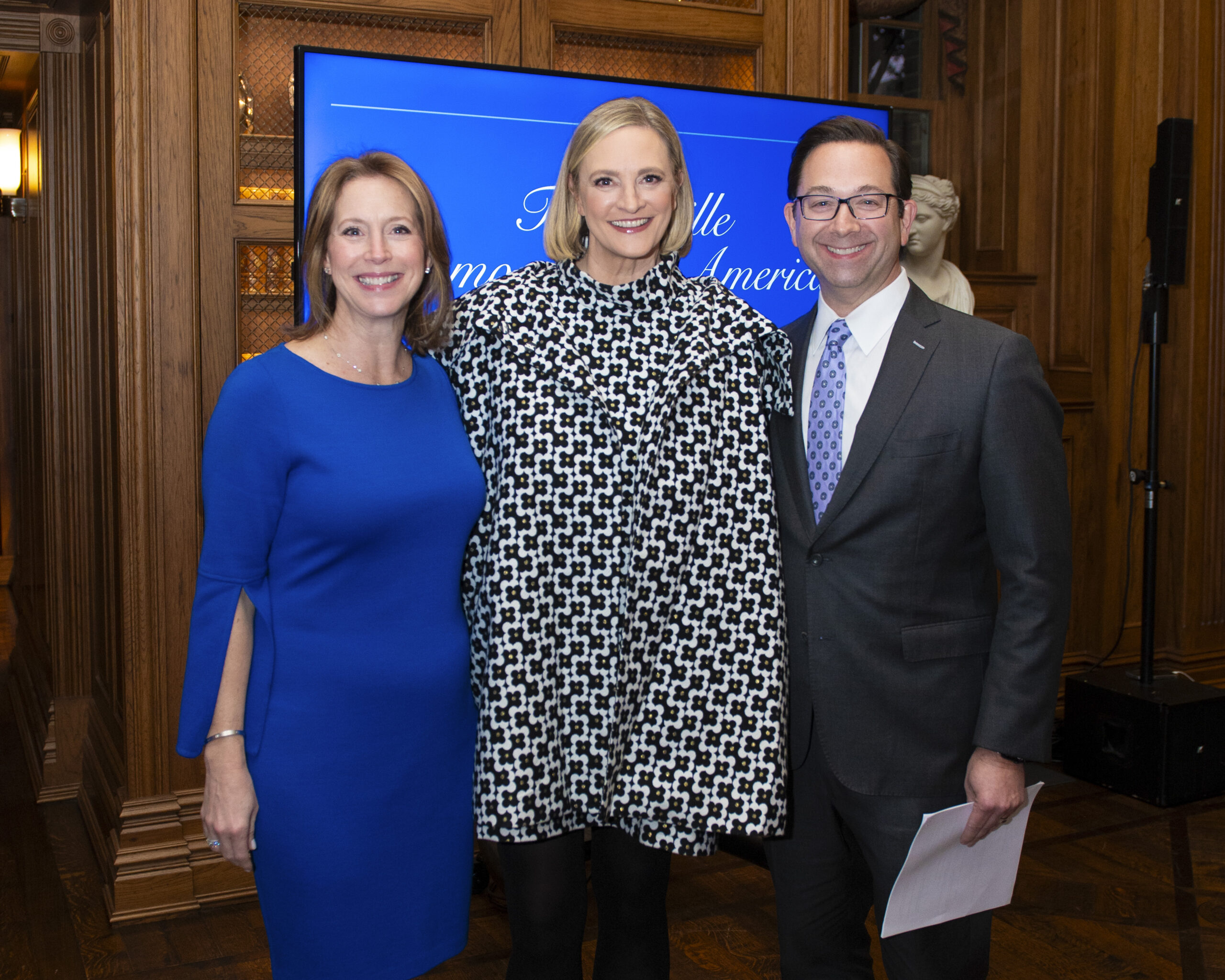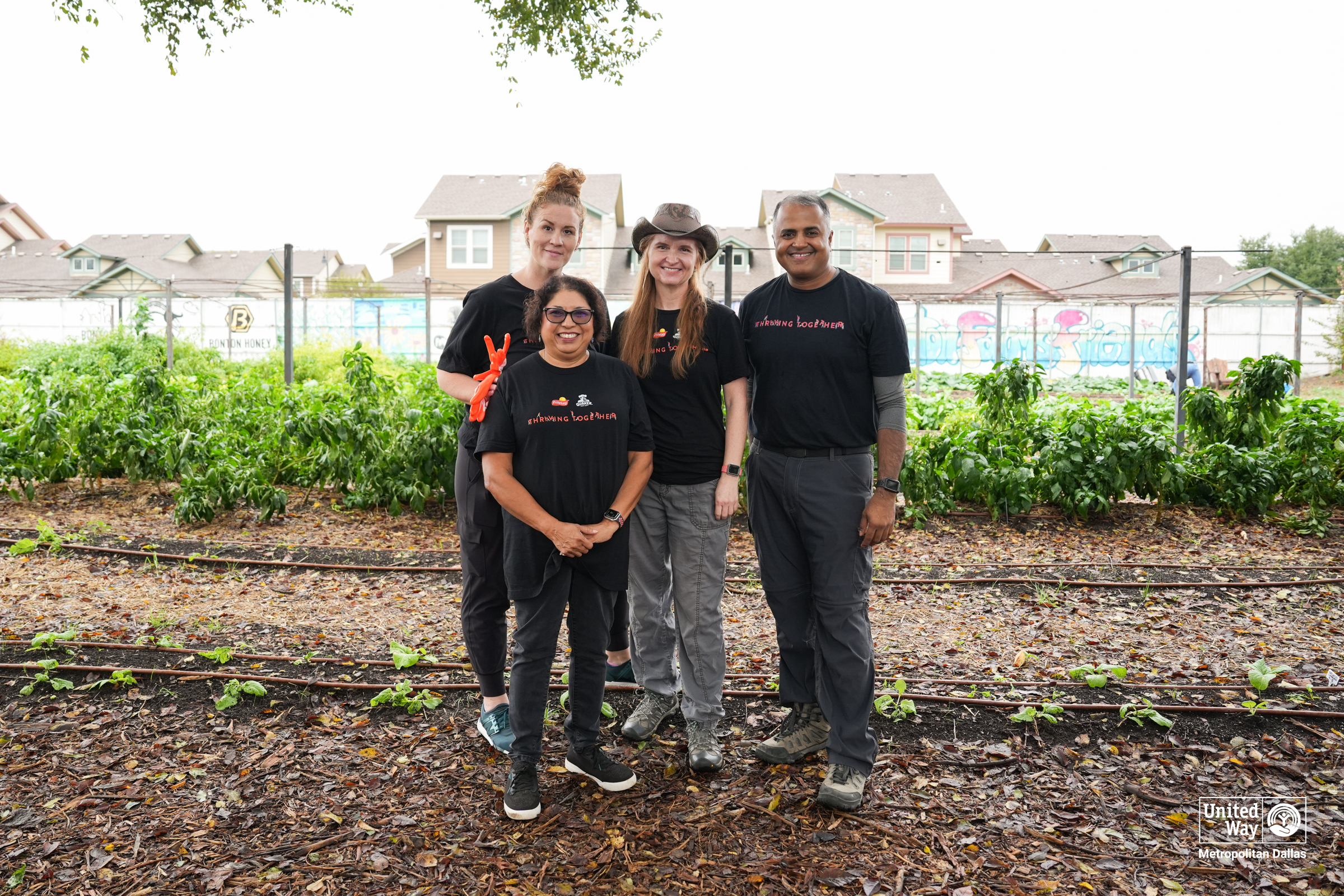Together, We’re Raising Awareness of the Importance of Attainable Housing
Dallas Is Becoming Unaffordable
Dallas has a shortage of attainable homes and rental units, and this shortage is only expected to worsen as the city continues to grow.
Low wages and skyrocketing rental costs are driving the problem. Dallas’ top four most common jobs have a median wage of less than $40,500. Rent costs have increased 60% since 2015, causing almost 50% of renters in Dallas to pay more than they can afford in rent.
The dream of homeownership is even further out of reach for most North Texans. In 2023, a family would need to make a household income of around $135,000 to purchase the average home in Dallas.
Meanwhile, Dallas is facing a 33,600-unit gap in affordable rental housing, which is projected to grow to over 83,000 units by 2030 if we do not act now.
Why Attainable Housing Is Important
A lack of attainable housing doesn’t only impact our lower-income neighbors who struggle to pay their rent. This problem impacts all of us.
Ashley Brundage, executive director of housing stability and senior vice president of community impact at United Way of Metropolitan Dallas, is chair of the Dallas Housing Coalition Board of Directors and acts as the group’s spokesperson. She explains that access to housing is the No. 1 reason people move—and when people are forced out of cities like Dallas because of a lack of attainable housing, our entire economy suffers.
“According to U.S. Census data, 40% of people move due to access to housing. Where people move, companies move, and that’s not good for Dallas,” she said. “When we talk about the need for attainable housing, we aren’t only talking about housing that our teachers and police officers can afford. We are also talking about housing for the folks that keep our economy running: our laborers, the barista you chat with each morning, the grocery store clerks, your office’s administrative assistant.”
Census data shows that many people from Dallas have moved to the neighboring cities, seeking more attainable housing. For example, Kaufman County had the largest population growth in Texas, at 8.9%, between 2021 and 2022, according to the March 2023 Census data.
As cities that fail to offer affordable housing solutions ultimately drive out residents, other problems follow, including worker shortages, an increase in negative health outcomes for residents and, inevitably, less growth in their local economies. A lack of affordable housing options also leads to an increase in homelessness.
“Studies have shown that homelessness is a housing issue,” Brundage explains. “There is a direct correlation between cities with high housing costs and higher rates of homelessness.”
Uniting to Take Action Against the Housing Crisis
Dallas needs 100,000 new or refurbished affordable homes by 2033 to meet our housing demand. The clock is ticking, and without community-wide support for attainable housing, this crisis will only get worse.
This urgent situation prompted the formation of the Dallas Housing Coalition, with a clear mission: to act against the growing housing crisis in Dallas.
The Dallas Housing Coalition is comprised of more than 180 corporations, developers, builders, trade associations, higher education institutions, nonprofits, faith-based organizations and residents that are urging Dallas to invest in the future of our city. United Way of Metropolitan Dallas is proud to be a member organization and on the coalition’s Steering Committee.
With a rallying cry of “Dallas is big enough for everyone,” the coalition has worked to raise awareness of our housing crisis. Over the last few years, members also advocated the City of Dallas to allocate $200 million to affordable housing in the upcoming bond election.
In the end, city leaders voted to allocate $631 million for housing.
“Although $61 million is far less than the $200 our city needs to expand housing options, this is still Dallas’ first significant investment in attainable housing and a sign that City Council heard us,” Brundage said.
The allocation of $61 million may afford just 1,150 affordable rental units—just 3% of Dallas’ current rental housing need, according to Child Poverty Action Lab.
However, even building 1,150 affordable rental units will be hugely beneficial to the families who end up in them. That’s why we’re calling on all registered voters in North Texas to vote in favor of Dallas’ bond amendments during the May 4 election.
‘Say Yes’ This May
Stable and affordable housing is a foundational factor for education, income and health, playing a crucial role in shaping the overall well-being of individuals and families.
During the May 4 election, we encourage all voters to support Dallas’ 10 bond propositions, which will address housing attainability and provide vital investments throughout the city. Learn more about the bond propositions in our recent blog.
“By uniting together, we are able to demonstrate our support for solving Dallas’ housing crisis and show our city representatives that this issue needs to be addressed,” Brundage says. “Because Dallas is big enough for everyone.”
For more information about the Dallas Housing Coalition and how you can get involved, visit www.DallasHousingCoalition.com.





